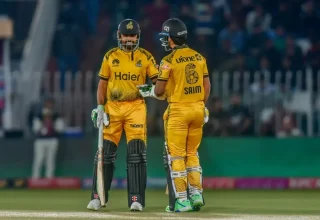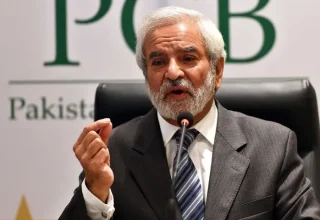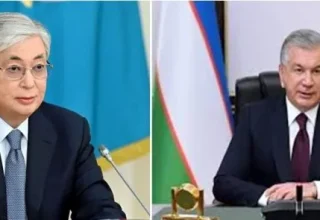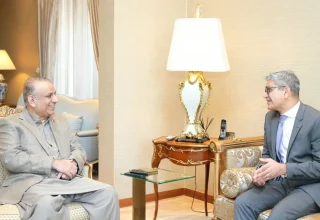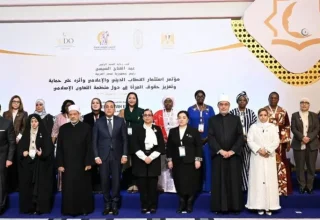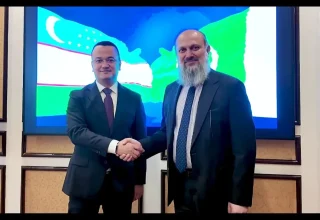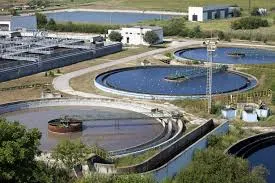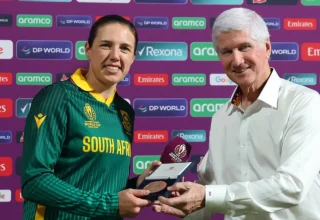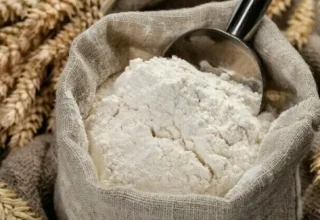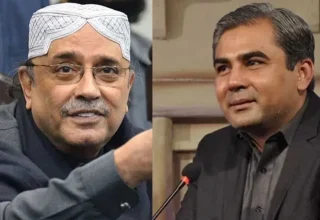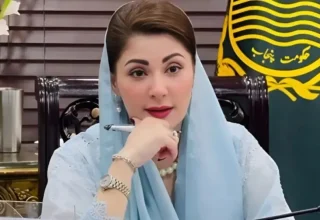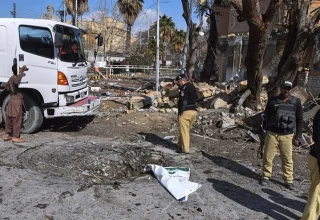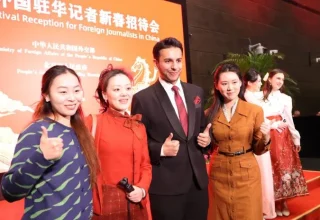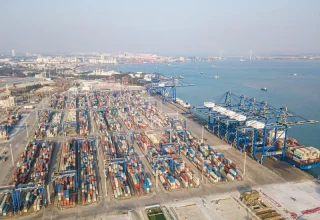ISLAMABAD: The Supreme Court, in a split verdict, ruled on Wednesday that elections for Khyber Pakhtunkhwa (KP) and Punjab assemblies should be held within 90 days.
The direction was given by the apex court in the suo motu notice verdict which was announced by Chief Justice Umar Ata Bandial today.
A five-member bench headed by CJP Bandial and comprising Justice Munib Akhtar, Justice Muhammad Ali Mazhar, Justice Mansoor Ali Shah, and Justice Jamal Mandokhail reserved the verdict after conducting hearings for two consecutive days — Monday till Tuesday.
In a three-two split decision the bench gave relief to the petitioners in the case, while two of the bench members objected to the admissibility of the pleas. Justice Mandokhail and Justice Shah have dissented from the majority verdict.
In the verdict the apex court noted that there are “different aspects and requirements” for holding polls but ruled that one thing that was “absolutely crucial is the timeframe” for the polls.
“The Constitution envisages two such periods, being of sixty and ninety days respectively. In relation to a Provincial Assembly, the first period applies when the Assembly dissolves on the expiration of its term under Article 107 and the second period is prescribed when it is sooner dissolved under Article 112. The time periods so set down in Article 224(1) and (2) respectively are constitutional imperatives that command complete fidelity. We are here concerned with the dissolution of two Provincial Assemblies before the expiry of their terms and therefore to the holding of general elections in relation to each within 90 days,” said the verdict.
The Supreme Court said that the Article 222 says that the election was a subject for the Centre.
The court further stated that the Election Act 2017 gives the governor and the president the power to announce a date for the polls.
“If the governor has dissolved the assembly, then he would announce the date,” CJP Bandial said.
The court stated that in case the governor does not dissolve the assembly, the president then has the power to dissolve the assembly under Section 57 and announce the date of election.
However, the court stressed that the governor had the constitutional responsibility of announcing the date.
The court directed President Arif Alvi to announce the date of the Punjab election after consulting with the Election Commission of Pakistan (ECP), and directed the KP governor to announce the date for polls in his province.
“The elections in all the provinces should be held within the constitutional period,” the court stated, directing all the federal and provincial bodies to assist the electoral body with the election process.
Moreover, the SC directed the federal government to provide all facilities to the ECP for conducting the elections.
The apex court also declared the pleas related to the provincial elections admissible and disposed them of.
The Supreme Court had taken suo motu notice on the issue over the election date as to who — the president, governors, or the Election Commission of Pakistan (ECP) — is responsible for fixing the date in case the provincial assemblies are dissolved.
After two-day long hearings, the court reserved its verdict at around 6:30pm Tuesday as the parties involved in the case wrapped up their arguments.
The top court had also asked the political parties — the Pakistan Tehreek-e-Insaf (PTI) and the ruling alliance — to agree upon a mutual date for the elections, but the counsel for Pakistan Peoples Party (PPP) told the court that it is not the job of political parties to fix election date.
However, the Pakistan Muslim League-Nawaz’s (PML-N) lawyer asked the court to continue the proceedings as the coalition partners needed more time to consult with each other.
The SC had taken the suo motu notice of an apparent delay in the elections of the two assemblies, on February 23, following President Arif Alvi’s announcement of the date of polls, a move that drew strong criticism from the government.
As per the CJP, the suo motu notice had been taken to assess who was eligible to issue the date for polls and who had the constitutional responsibility of conducting elections and when.
It is important to note that four judges had objected to the constitution of the bench and suo motu jurisdiction under Article 184(3) and wrote dissenting notes after the initial hearing on February 23.
Justice Jamal Khan Mandokhail, Justice Mansoor Ali Shah, Justice Yahya Afridi and Justice Athar Minallah had requested the chief justice to form a new bench to hear the case.
Moreover, Justice Ijazul Ahsan, Justice Afridi, Justice Sayyed Mazahar Ali Akbar Naqvi, and Justice Minallah dissociated themselves from the case.
During the hearing of Tuesday, Justice Mandokhail remarked that Article 48 of the Constitution states that every act and step taken by the president would be on the government’s advice.
CJP Bandial seconded Justice Mandokhail’s remark, saying that the deciding a date for the polls would be based on the advice under Article 48.
Moreover, President Arif Alvi’s lawyer Salman Akram Raja said that his client has decided to withdraw his advice for the general elections in Khyber Pakhtunkhwa as the province’s governor had dissolved the assembly — unlike Punjab, where the governor did not.
“The president has stated that it is the right of the governor to issue the election date,” Raja said.
Raja conceded that the president went beyond his constitutional powers and that he did not have the right to announce the election date in KP, adding that President Alvi gave the election date according to the constitution and law.






